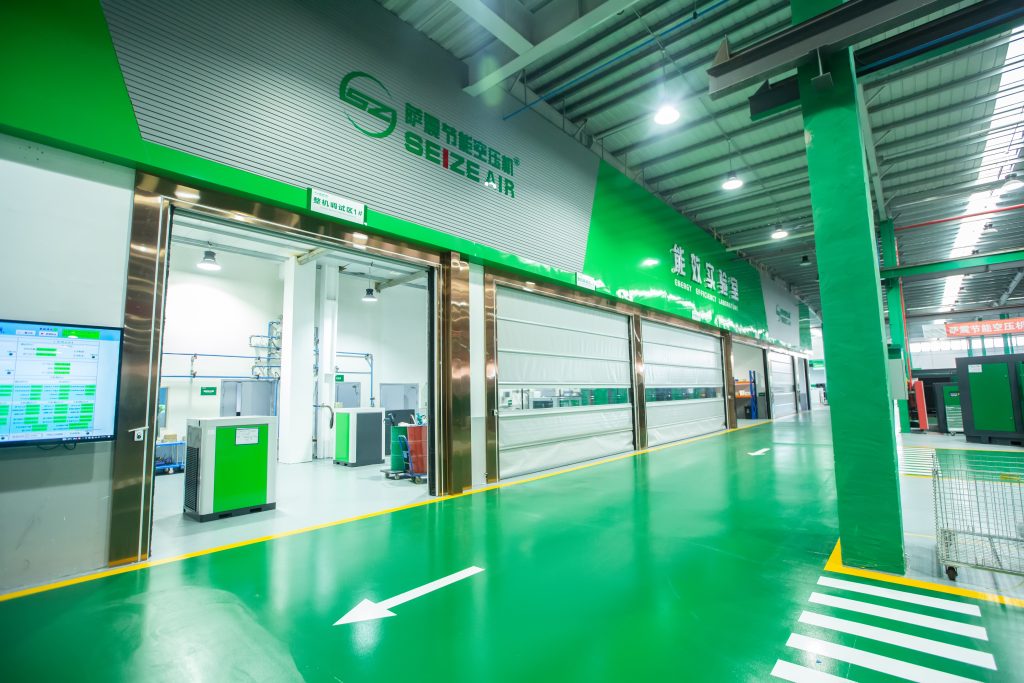The Evolution of Air Compressors: From Piston to Oil-Injected Screw Technology
Introduction
The air compressor industry has evolved significantly over the years. While piston compressors were the norm in the past, the development of oil-injected screw compressors has revolutionized industrial operations. This article examines the evolution of air compressor technology and the advantages of oil-injected screw air compressors.
Piston Air Compressors: A Historical Overview
Piston compressors were the standard in early industrial operations. They use a reciprocating piston to compress air in a cylinder. However, these compressors have limitations, such as lower efficiency and frequent maintenance requirements.
Transition to Screw Compressors
The shift to screw compressors occurred due to their superior efficiency, reliability, and continuous operation. Screw compressors use two interlocking screws to compress air, resulting in smoother operation and higher air output.
Why Oil-Injected Screw Compressors Are Better
Energy Efficiency: Oil-injected screw compressors are designed to consume less energy, leading to lower operational costs.
Continuous Performance: Unlike piston compressors, which need breaks during operation, screw compressors can run continuously without losing performance.
Reduced Noise: Oil-injected screw compressors produce less noise, which is a key factor in industrial environments.
Longer Lifespan: The oil injection helps reduce wear and tear on the internal components, extending the life of the compressor.
SEIZE AIR’s Innovation in Oil-Injected Screw Technology
SEIZE AIR has been at the forefront of advancing oil-injected screw compressor technology. Our products integrate advanced features to enhance performance, energy efficiency, and environmental sustainability. With a focus on innovation and customer satisfaction, SEIZE AIR provides industrial solutions tailored to your needs.
Conclusion
The evolution of air compressors from piston to screw technology marks a significant leap in industrial efficiency. SEIZE AIR’s oil-injected screw air compressors offer the performance, reliability, and energy savings necessary for modern industrial applications.


 English
English
 Chine
Chine
 Russia
Russia
 France
France
 Spain
Spain
 Arab
Arab